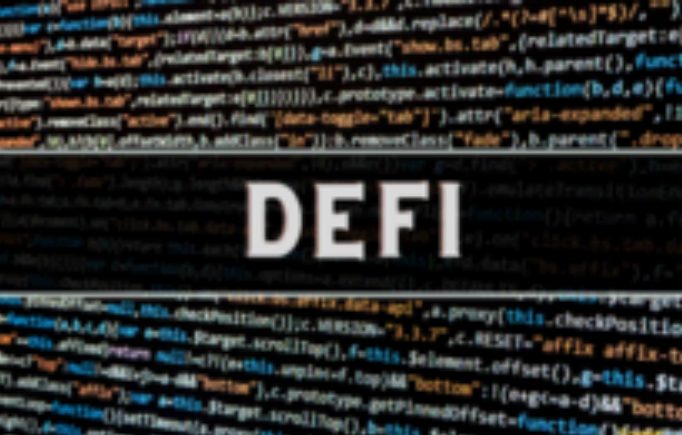2022 turned out to be a great year for malicious actors.
Cryptocurrency firms struggled greatly in 2022, with multiple companies facing financial issues and bankruptcy. In addition to these challenges, over $3 billion was stolen from crypto projects this year, according to Forbes. These setbacks have caused turmoil in the industry and raised concerns about its stability.
According to the report, crypto projects witnessed more than 125 hacks, and the top five heists (all involving decentralized finance (DeFi) protocols) accounted for $1.48 billion of the total amount stolen.
DeFi Protocols Suffered the Most Losses in 2022
Forbes highlighted that these top five biggest crypto heists range from cross-chain hacks, code exploits, and flash loan attacks.
The top five hacks are Ronin Network’s $625 million exploit, Wormhole’s $325 million theft, Nomad Bridge’s $190 million hack, Beanstalk Farms’ $182 million flash loan attack, and Wintermute’s $160 million exploit.
According to the report, DeFi hacks represent around 49% of the total amount stolen by hackers this year. This has led to reduced investment in the sector, as data from blockchain analytics firm Elliptic shows that DeFi protocols lost 75% of their total value locked (TVL) in 2022. However, that also accounts for the declining asset prices.
Data from DeFi Llama also shows that TVL from DeFi protocols dropped from 166.58 billion at the start of 2022 to $39 billion in December.
The Forbes report stated that cross-chain bridges, which enable the swap of tokens between blockchains, were the top target for hackers this year. Hackers stole nearly $2 billion from blockchain bridges, accounting for 70% of all crypto theft in 2022.
Hackers Love DeFi
The reports also show that DeFi has become a favorite playground for hackers despite its uniqueness. But how is this happening?
Blockchain analytics platform Chainalysis reported that most thefts in the DeFi space are due to flawed codes, where smart contract errors have been used to steal money from protocols.
The report explained that because the DeFi ecosystem is open source, anyone, including hackers, can search for vulnerabilities or errors and plan exploits well in advance.

